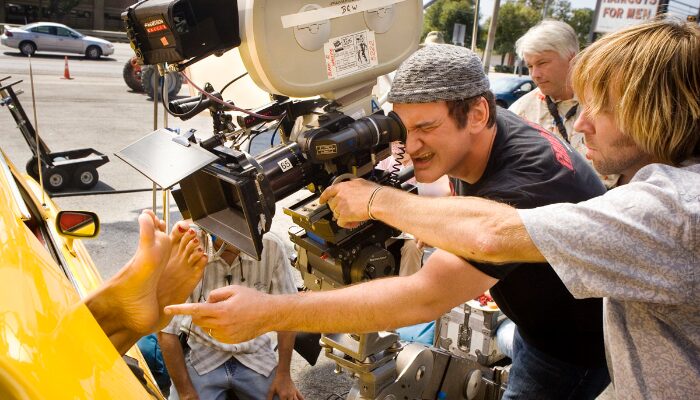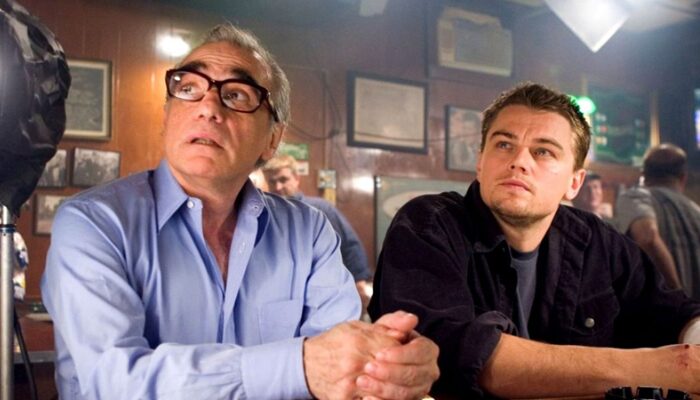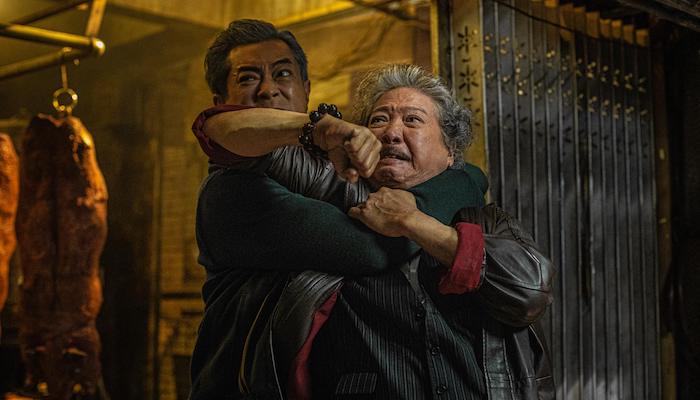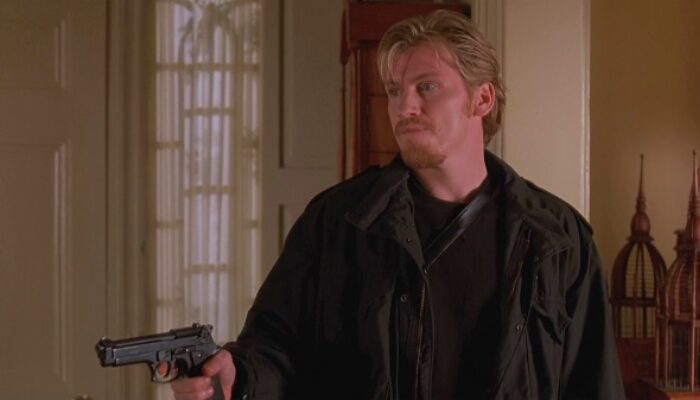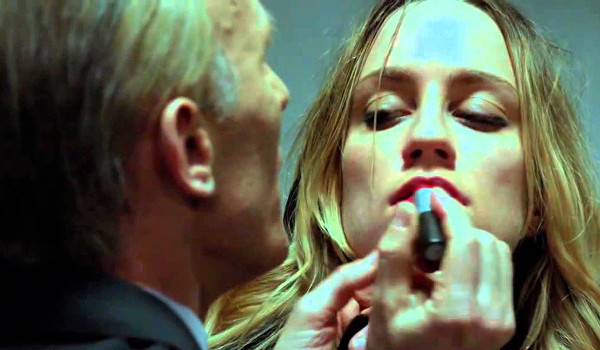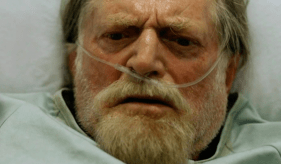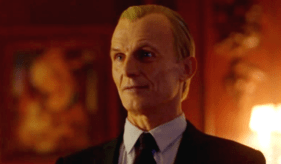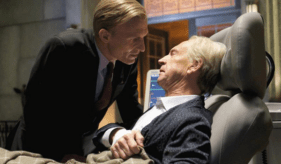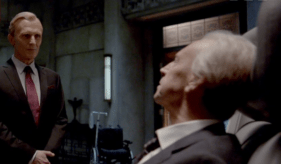TV Review: THE STRAIN: Season 2, Episode 11: Dead End [FX]
FX’s The Strain Dead End TV Show Review. The Strain: Season 2, Episode 10: Dead End reminisces with Eichorst (Richard Sammel) back to his glory days as a budding Nazi in order to assert his most diabolical insecurities about women and success this week. I’m no longer stumped about his motivations to become evil. He was once the near cousin to a vacuum salesman, selling radios on payment plans to door to door clients during the rise of the Third Reich, and he wasn’t very good at his job. Albeit, Nazism, now there’s a way for this mann to find acceptance just by taking orders, and all he has to sell is a delight in evil to his comrades as a show of rapport.
If the shoe fits, Eichorst, you could possibly be one of the greatest antagonists ever to grace my television. Right now, you are definitely in my top ten.
But it trips him up when he doesn’t realize the hottest woman who will ever date him is Jewish just before he gaffes about how “right” the Nazis are after the delightful dinner he shared with her, delightful except for the part where he became inspired by a Nazi recruiter. I thought maybe he had been into his mother when he described the unattainable woman to his captive, Dutch (Ruta Gedmintas). I was kind of hoping for something less developmental, but nevertheless, it was nice to have a glimpse of his innocence at his roots.
This episode was actually suspenseful, and I felt kind of a wee bit scared for fierce friend who was showing clear signs of resilience amid her suffering in this ordeal. Now, I know Eichorst is the driving force behind what the protagonists have to frame their competition around, but they need a little more anarchy and a lot less structure than him. He enjoys not having to be too creative in his own mind. Clearly, it takes him places no one should ever go.
And I could get used to this. For a moment, I was undeniably convinced Dutch was going to be a tasty pineapple seasoned dessert after all the tortuous scenes by the near perfect villain. I mean, he was going to rape her with his strigoi tongue, but due to her own fancy footwork, she managed to wrangle some capsaicin spray from the dead cop who delivered her to the Mayfield Hotel where Eichorst dwells in his abandoned wing. His padded room is delicious. It just has a little too few blood spatters to be really convincing, but hey, he’s probably a germaphobe.
So, back to this whole strigoi tongue thing he has for Dutch… Eichorst manages to wrap the other most evil thing he could portray into his character resembling a methodically and painstakingly detailed oriented serial killer, of course, without any real preference of his victims’ features, but he takes a shine to Dutch for some reason. Oh, wait, it’s her shampoo. It always is.
Eph (Corey Stoll), and his stoic love of life didn’t have much to say this go round. Fet (Kevin Durand) embodies the heroic energy and just so happens to know all the secret subway tunnels he, Eph, and Nora (Mía Maestro) need to penetrate the fortress where the vampire slaying princess is running around dead end halls with a nail wound in her foot only to hit a bricked up wall in the stairwell. Once again, Eichorst is at his finest, and Dutch’s friends blow through the wall, launch a silver grenade, and she leaps into Fet’s arms which is super adorable.
It turns out Setrakian (David Bradley) found the Occido Lumen right where it was supposed to be, and Rudyard (David Schaal), the once abused child in a monastery, has been keeping it safe the whole time. Granted, he’s about to pawn it to who he thinks is the highest bidder and head off to Tahiti even after Setrakian reveals that he saved his life as a boy. Some people…
I’m still of the mind that even the most depraved antagonists who would be called cliché by those who probably can’t even follow a story properly are there to teach us what we just can’t seem to learn; no matter how cliché you think a character is, you’ll never know real people as well as you can know them on screen. You’ll probably never see something as cliché as a rape happen to someone else in your own life, and if that’s the case, it isn’t really all that cliché, is it? I mean, no one has ever tried to make rape victims seem cliché, have they now?
Leave your thoughts on this review and this episode of The Strain below in the comments section. For more The Strain reviews, photos, videos, and information, visit our The Strain Page, subscribe to us by Email, “follow” us on Twitter,Tumblr,Google+, or “like” us on Facebook.
Related Articles
FilmBook's Newsletter
Subscribe to FilmBook’s Daily Newsletter for the latest news!


